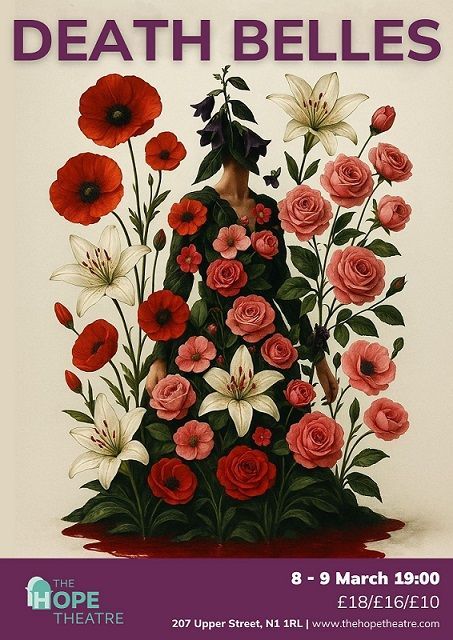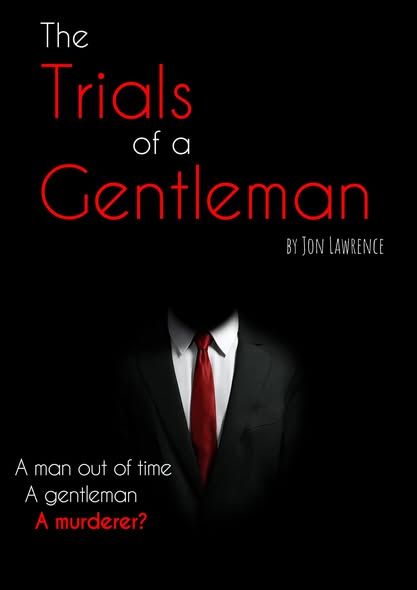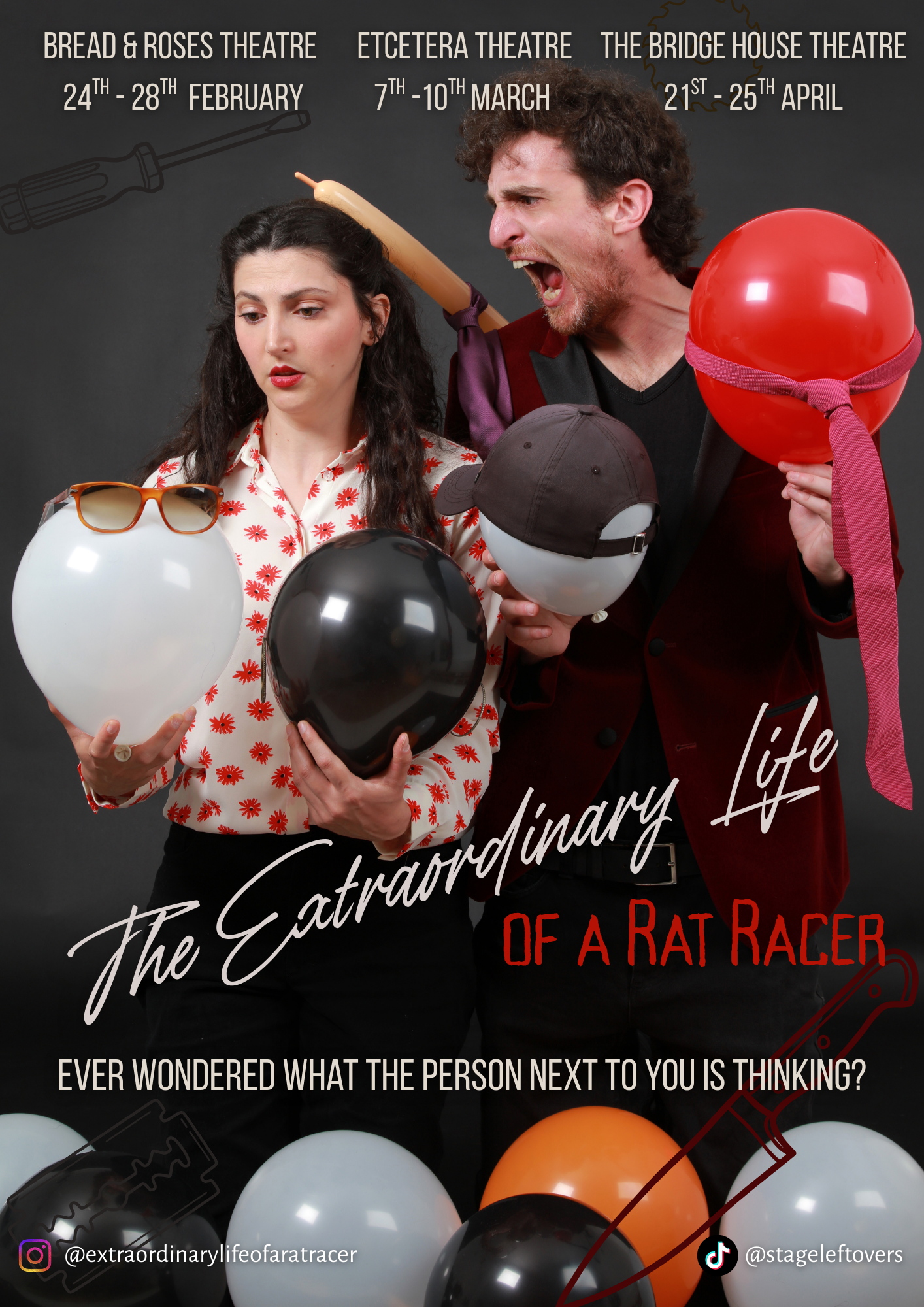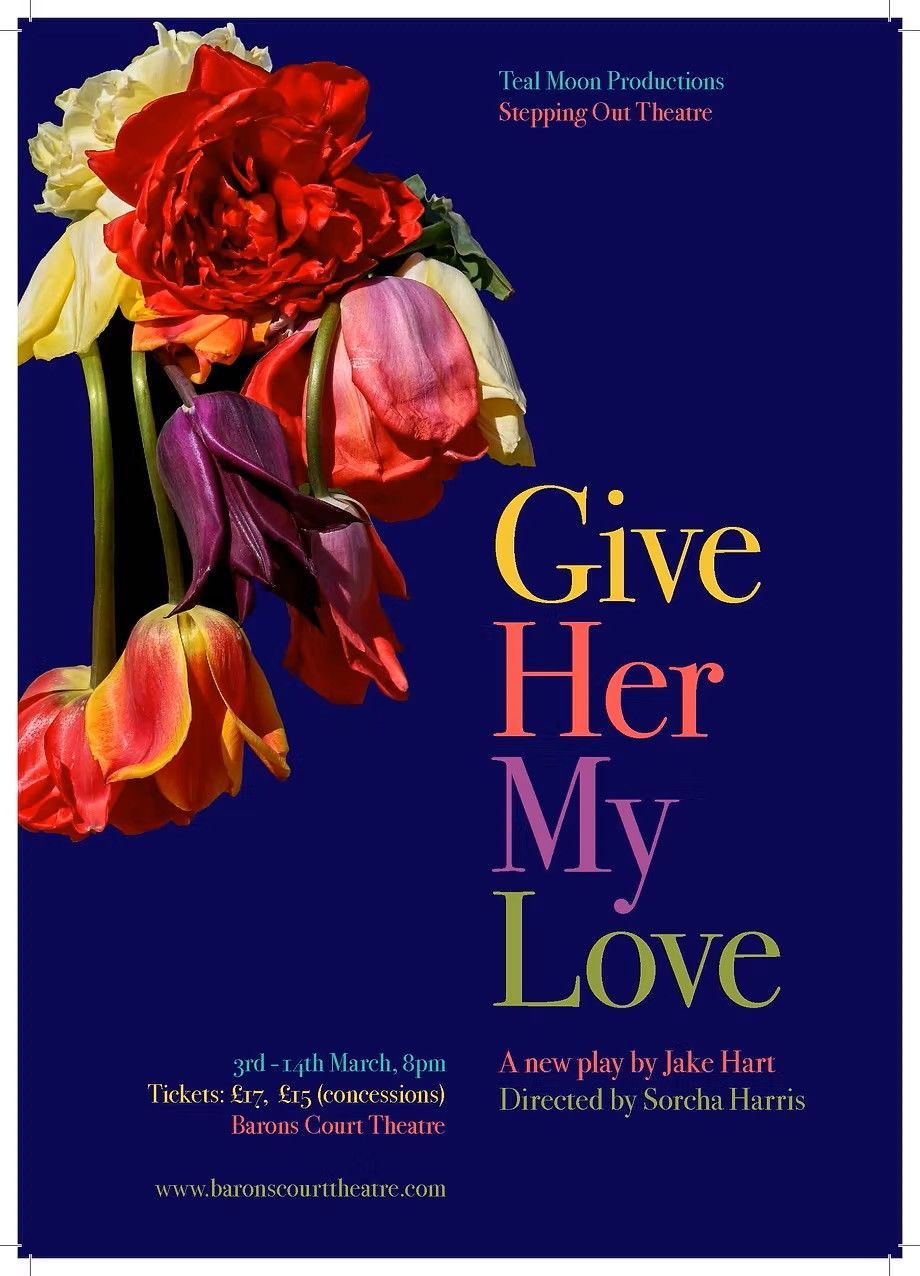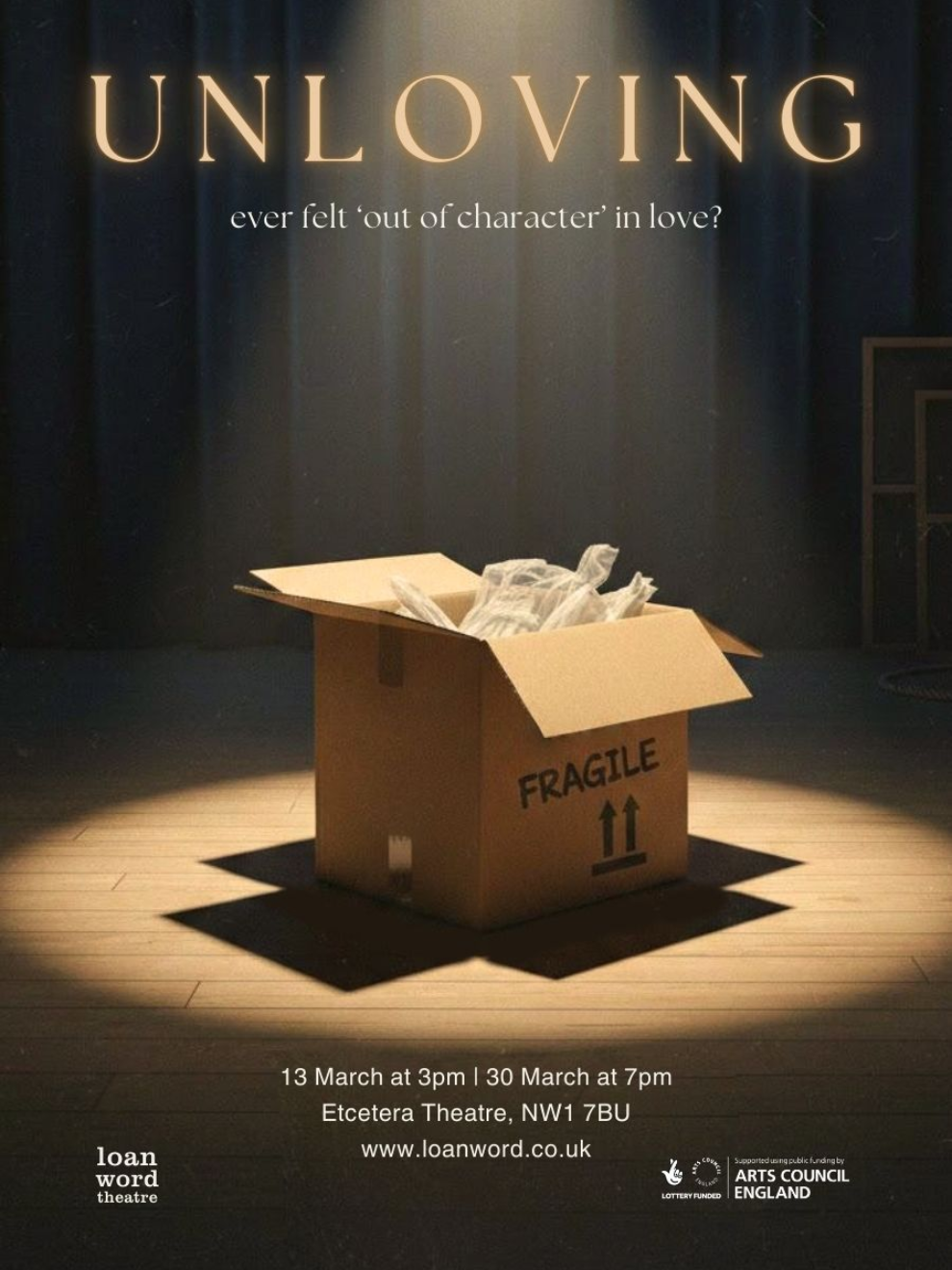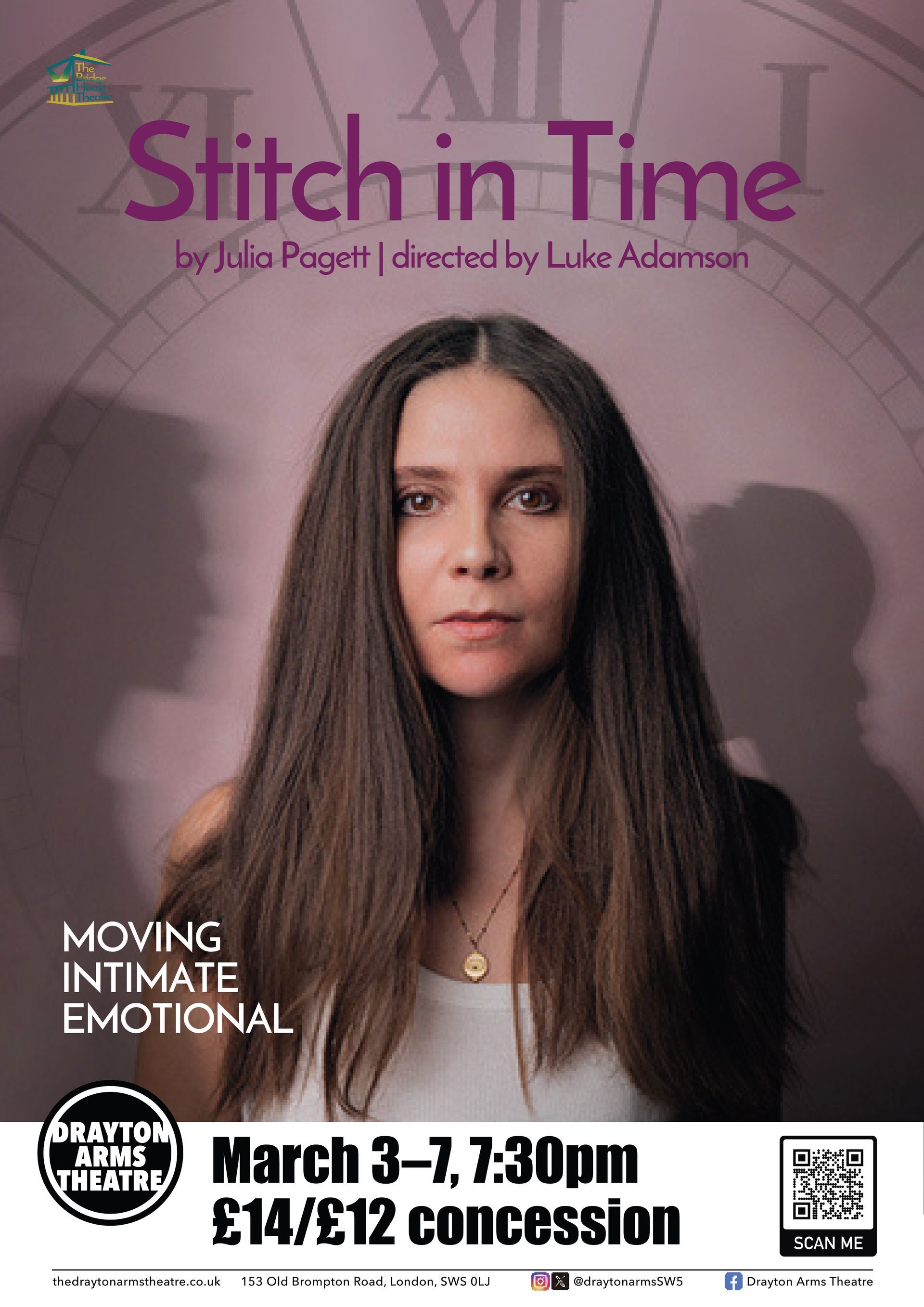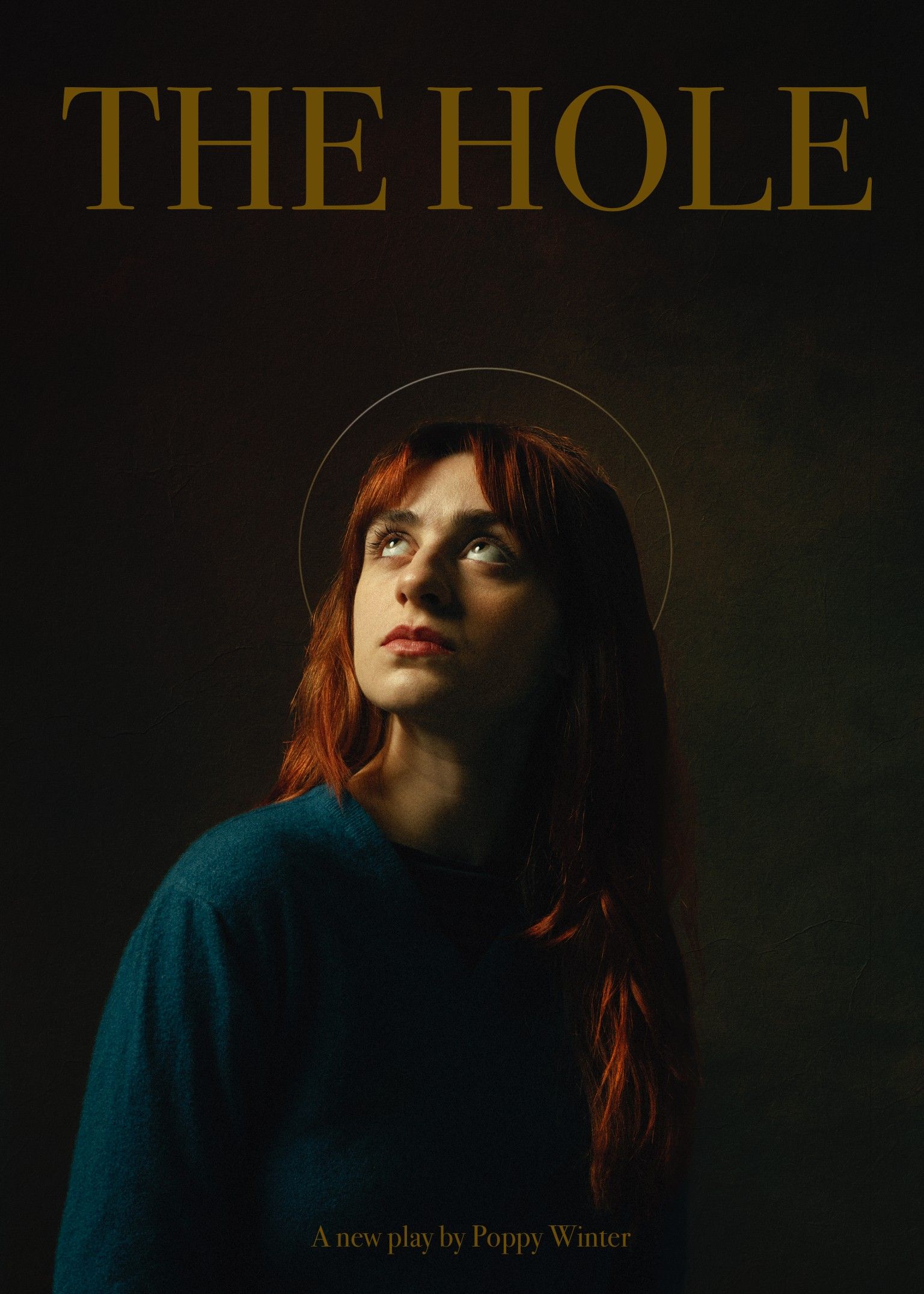REVIEW: Kafka’s THE HUNGER ARTIST at Etcetera Theatre until 26 March 2024
‘brings us closer to Kafka’s literary genius and leaves us with much to mull over’ ★★★ 1/2
Actor Jonathan Sidgwick (Eastenders, Coronation Street, Hollyoaks and west end tour of Mousetrap) has dramatised Franz Kafka’s final work for Kafka’s centenary year. With very few changes to the text, Sidgwick has created a powerful one man show, which celebrates the author’s brilliant writing.
Kafka (183 – 1924) was a German-speaking Bohemian Jewish novelist and writer from Prague, probably best known for Metamorphosis, The Trial and The Castle. He wrote The Hunger Artist while suffering from tuberculosis. There is the possibility, that the disease caused him difficulty with eating and that he might actually have died of starvation, exactly the fate of the hunger artist. Kafka died in virtual obscurity, and it is thanks to his literary executor, Max Brod, who saved his work and the rest, as they say, is history.
It is to Sidgwick’s immense credit that Kafka’s sublime writing is allowed to speak for itself. The story is elegant and strangely consuming. The hunger artist lives inside a straw lined cage, where he fasts for the entertainment of the public. When interest in his act starts to wane, the hunger artist begs to be allowed to fast for longer, to win back his audience and to show how he is true to his art.
As we enter the theatre, Sidgwick gives us a startling image of himself behind bars and he stays inside the enclosure for much of the performance. He allows us to see and therefore believe that here is an artist prepared to go beyond the 40 days allowed by his empresario. His art is so important to him, that he is willing to die for it. Perhaps it’s pride and perhaps it’s vanity but it is all he knows.
In Kafka’s words, spoken by the artist: “How to explain to anyone the art of fasting? If one has no feeling for it, one can never be made to understand it.” Similarly, Sidgwick displays the same kind of passion for his art. Striped back, with hardly any props, lighting or sound, and with only two voices, Sidgwick dares to show something of himself, both physically and as an actor.
It's a fine performance, considering the lack of any additional help, such as might be supplied by a sound or lighting designer. Here, there is some small criticism as the current sound is rather too literal for the piece which is a shame, as it cries out for something more sophisticated. Similarly, Sidgwick could afford to add another character, perhaps the empresario, so that he could show off more of his range, but this is more of a stylistic choice rather than a necessity.
As Sidgwick has worked with Steven Berkoff, famous for defying the norms of naturalistic theatre, we might have expected something a little more surreal which would suit Kafka’s writing. However, there might be something of Steven Berkoff’s audacity in Sidgwick’s work.
Final thoughts, might Kafka have seen himself as the hunger artist, dying for his craft? Similarly, Sidgwick’s love of his craft is palpable, and beyond that, there is a feeling that this is who he is, this is his attempt to give us ‘the thing itself’.
It will be interesting to see where Sidgwick takes the show next and what his creative choices will be as he develops the show. It’s recommended viewing, especially as it brings us closer to Kafka’s literary genius and leaves us with much to mull over.
Box Office https://www.citizenticket.com/events/etcetera-theatre/the-hunger-artist-by-franz-kafka/
More about the show https://linktr.ee/TheHungerArtist
The Hunger Artist on Twitter @artistthehunger
Reviewed by Heather Jeffer, Editor of London Pub Theatres Magazine
